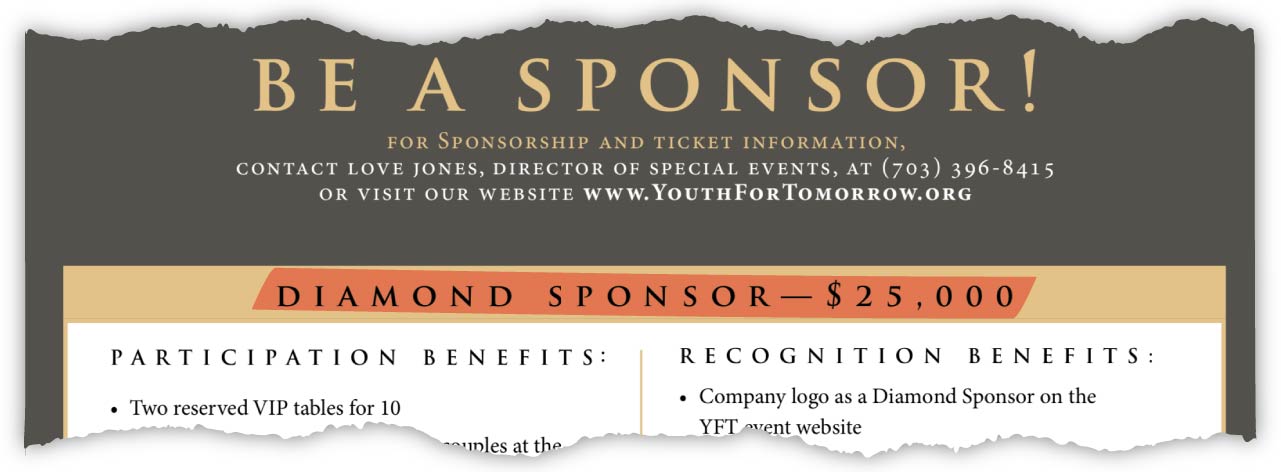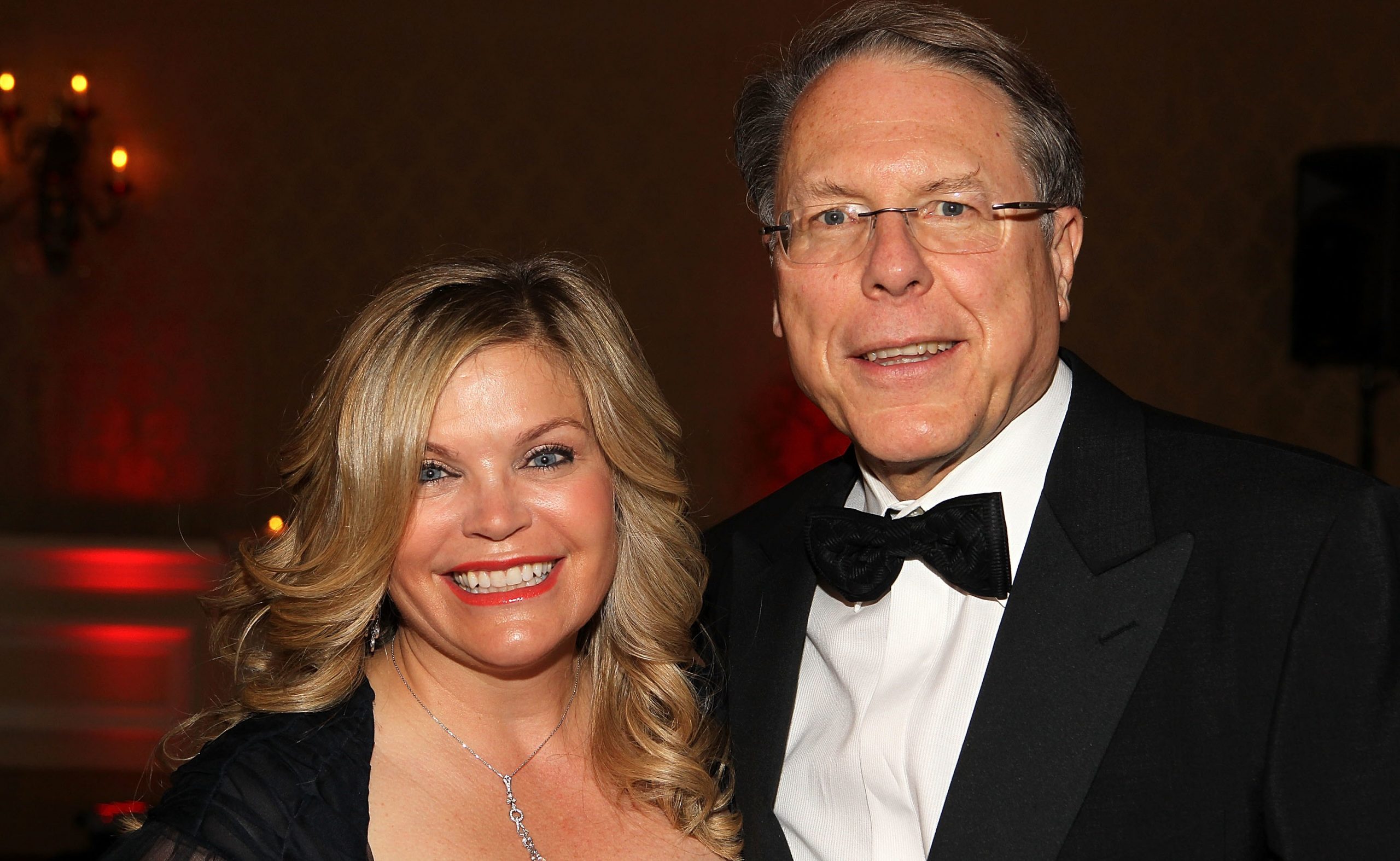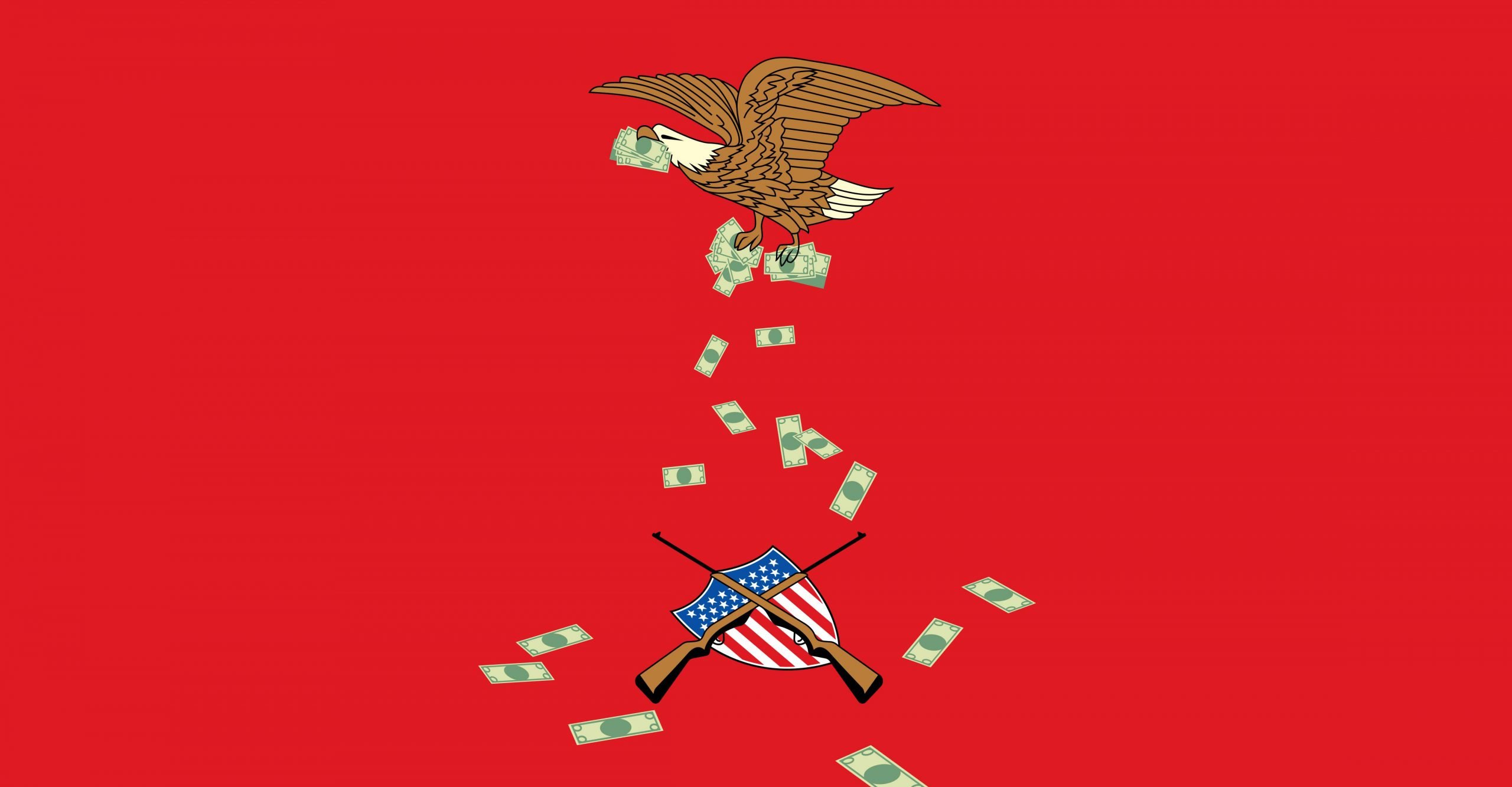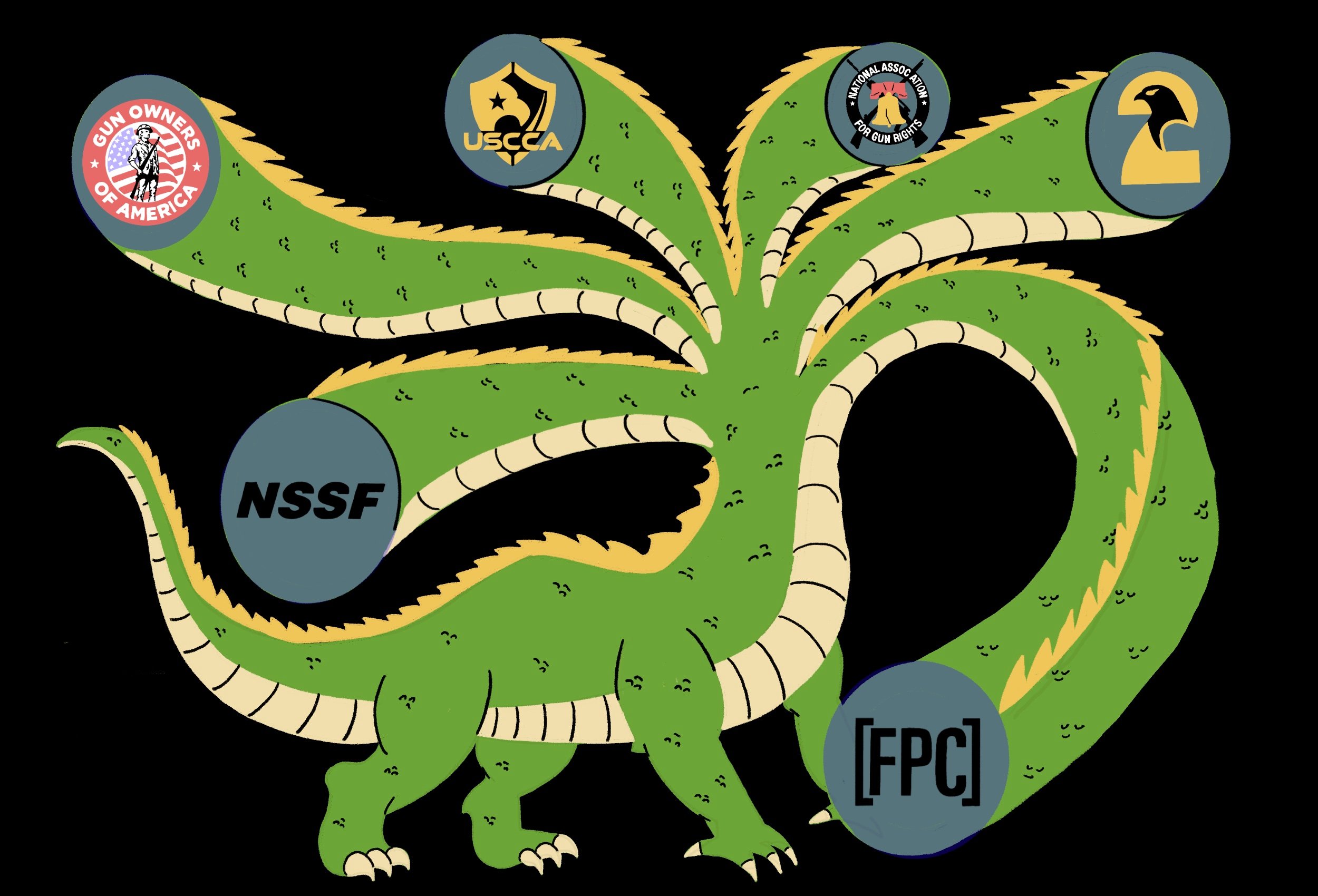The NRA Foundation describes itself as “America’s leading charitable organization in support of the shooting sports.” Each year, the foundation — which is a nonpolitical arm of the National Rifle Association and can accept tax-deductible contributions — takes in tens of millions of dollars, mostly from small donors. Of that, it steers about $20 million to the NRA’s own gun-safety, training, and hunting programs. The rest goes to gun clubs and ranges, youth shooting groups, and organizations researching the Second Amendment. In a “letter of appreciation” that appeared in the foundation’s 2017 annual report, Wayne LaPierre, the executive vice-president of the NRA and an ex-officio trustee of the foundation, wrote, “On behalf of the entire NRA family, thank you for your dedication and for your generous contributions that keep America safe and free.”
Like all charitable groups, the NRA is required to describe the amount, nature, and recipients of its grants on its annual tax filings. But between 2013 and 2017, the NRA did not disclose payments to at least one charity — a Christian organization called Youth for Tomorrow, which provides outpatient and inpatient services for children with acute psychological and behavioral problems. Founded in 1986 by the former football coach Joe Gibbs, the charity, which is based in Northern Virginia, is a favorite of conservative elites. It is not an obvious match for the NRA Foundation. But the two groups do have one point of overlap: Wayne LaPierre’s wife, Susan LaPierre, is a longtime member of the YFT board and, until very recently, was its president.
Susan LaPierre joined the YFT board in 2009, and served as its president from 2013 to last December, when, according to Gary Jones, YFT’s chief executive officer, she chose not to stand for re-election. She remains “admired and respected by everyone on the board for her genuine commitment to our vulnerable children,” Jones told me. During the time of her involvement with the charity, the NRA Foundation has sponsored at least seven of its events, including its annual Heart 2 Heart Gala. A formal affair held at the Ritz-Carlton in Tysons Corner, Virginia, the gala features conservative luminaries such as Taya Kyle, the widow of the American sniper Chris Kyle, and performances by celebrities, including the country singer Alan Jackson and the comedian Jeff Foxworthy. In 2011, the NRA Foundation was described on Facebook as one of the event’s two leading sponsors. According to publicly available YFT newsletters and fundraising brochures, the NRA Foundation served as one of the gala’s top-tier sponsors on at least three more occasions: in 2013, for $25,000, and in 2016 and 2017, for $50,000.
How the NRA Made Unreported Donations to Youth For Tomorrow
A 2013 brochure obtained from Youth For Tomorrow’s website advertises the sponsorship tiers for the charity’s annual Heart 2 Heart Gala. A Diamond-level sponsorship costs $25,000.

A YFT newsletter published later that year lists the NRA Foundation among the event’s Diamond sponsors. Unlike direct donations, event sponsorships do not have to be disclosed in tax filings.

[Graphic: Daniel Nass]
YFT does not reveal the identity of its donors in its tax filings, a practice that is protected by law. The NRA Foundation, however, faces potential regulatory problems for not disclosing its YFT event sponsorships, according to two nonprofit experts. The Internal Revenue Service not only requires charities to report all grants, but also to note other forms of “assistance,” including “awards, prizes, contributions, noncash assistance, cash allocations, stipends, scholarships, fellowships, research grants, and similar payments and distributions.” Philip Hackney, who worked as an attorney in the IRS’s chief counsel’s office, from 2006 to 2011, told me: “It’s hard to imagine why the NRA wouldn’t note the sponsorships, since they seem to fall within the spirit of what’s being asked for. Choosing not to raises significant red flags.” The foundation’s support of YFT also raises concerns about whether it ran afoul of nonprofit conflict-of-interest regulations. An NRA insider, such as the spouse of Wayne LaPierre, cannot benefit from a transaction for no practical reason other than a close connection to the organization. Hackney said: “The question is, Why are they not reporting the payments? Why not be open and upfront about them? Is it because the recipient is closely associated with Susan LaPierre?”
An NRA spokesperson said the NRA is “a proud supporter of Youth for Tomorrow,” without explaining why the foundation did not disclose the sponsorship payments, but said that they were “endorsed by the Audit Committee of the board of directors.” The spokesperson added that the NRA views its support for YFT “as an investment in our local community near our NRA headquarters,” in Fairfax, Virginia, and that “the relationships forged through Youth for Tomorrow benefit the NRA in many ways.”
Board members of charities are generally expected to raise money for their organization, which often leads them to solicit donations. The NRA spokesperson noted that Susan LaPierre “is a proud and committed volunteer for the charity, and she invites as many people as she can to join her as supporters.” In 2018, she sent an email on behalf of YFT, pitching recipients on serving as sponsors of the Heart 2 Heart Gala, which would include a performance by the country music star Brad Paisley. Some of the recipients were NRA vendors, who provide political consulting and fundraising services for the organization. “I am writing today to ask you to help change a child’s life,” Susan LaPierre wrote, before providing sponsorship information. The lowest sponsorship level was $7,500. “Your support makes miracles happen every day and your love is changing lives.” At least eight NRA vendors contributed tens of thousands of dollars, combined, to YFT. Tracy and Clinton Key, who are partners in one of the venders, Key & Associates, told me that their family “has been involved with Youth for Tomorrow since its founding.” They acknowledged that “Susan has asked for help,” but said they have “never been pressured to donate to YFT by Susan or anyone else.” Seven others did not respond to requests for comment. James Fishman, an expert on nonprofit law and a co-author of “New York Nonprofit Law and Practice: With Tax Analysis,” told me. “If Susan is looked at as an agent of her husband, then a regulator would say that this is improper. A vendor doesn’t want to shoot the goose that’s showering them with golden eggs.”
The NRA Sponsored At Least Seven YFT Events
| Year | Event | Sponsorship | Cost |
|---|---|---|---|
| 2011 | Heart 2 Heart Gala | Unknown | Unknown |
| 2013 | Heart 2 Heart Gala | Diamond | $25,000 |
| 2014 | Burgundy and Gold Banquet | Coach’s Corner | $10,000 |
| 2016 | Heart 2 Heart Gala | Diamond | $50,000 |
| 2016 | Country Fair | Diamond | $25,000 |
| 2017 | Country Fair | Diamond | $25,000 |
| 2017 | Heart 2 Heart Gala | Diamond | $50,000 |
| $185,000 |
[Graphic: Daniel Nass]
The past few months have been an especially fraught time for the NRA, as extensive reporting on self-dealing and other forms of financial mismanagement revealed that hundreds of millions of dollars in spending have enriched senior executives and a small group of vendors and individuals close to them. In April, at the NRA’s annual meeting, Oliver North, its president, tried to oust Wayne LaPierre; the effort failed, and North (who serves on YFT’s board) resigned. Hours after North’s resignation, Letitia James, the attorney general of New York State, where the NRA is chartered, launched an investigation into the organization’s tax-exempt status. According to Hackney, the foundation’s sponsorship payments to YFT will likely provide another line of inquiry for James, who will want to assess whether the transactions “were part of a repeat pattern involving the LaPierres, deliberate concealment, and violations of duty of loyalty to the NRA.” If so, Hackney said, “The AG can ask for those funds to be returned to the foundation, and potentially have Wayne LaPierre removed as an NRA officer.”


